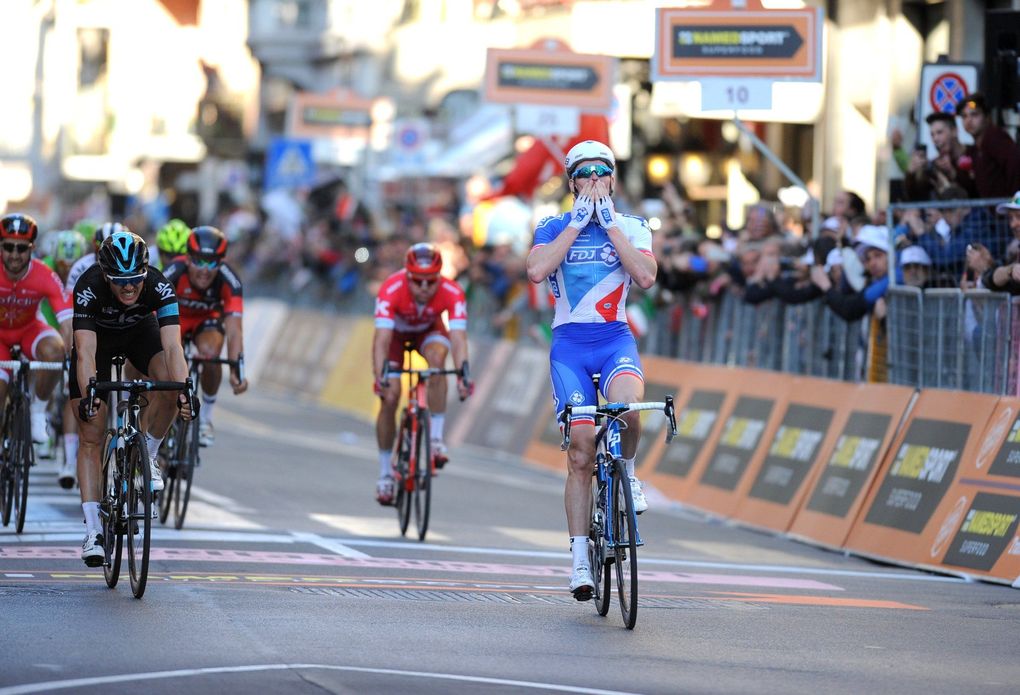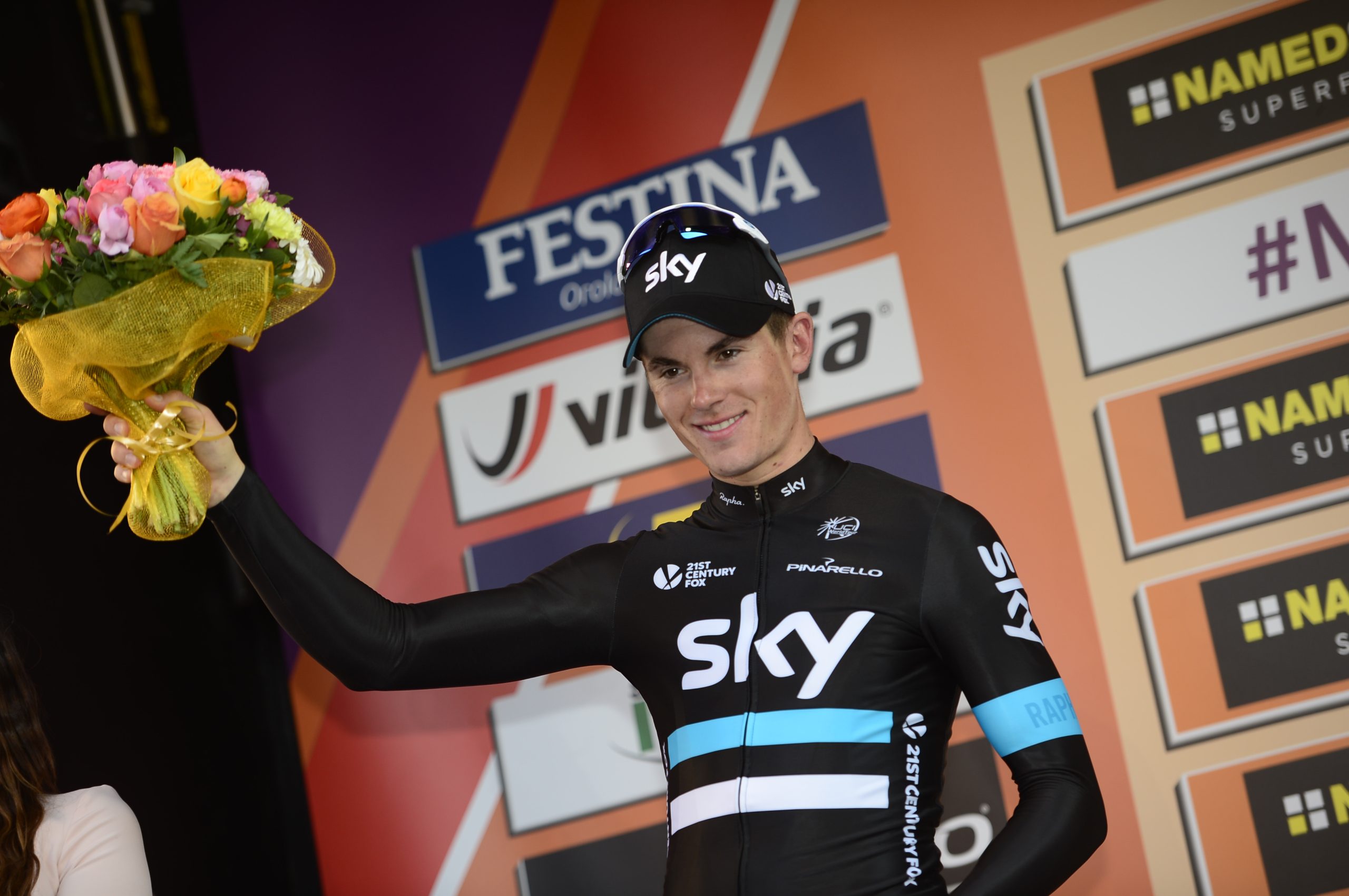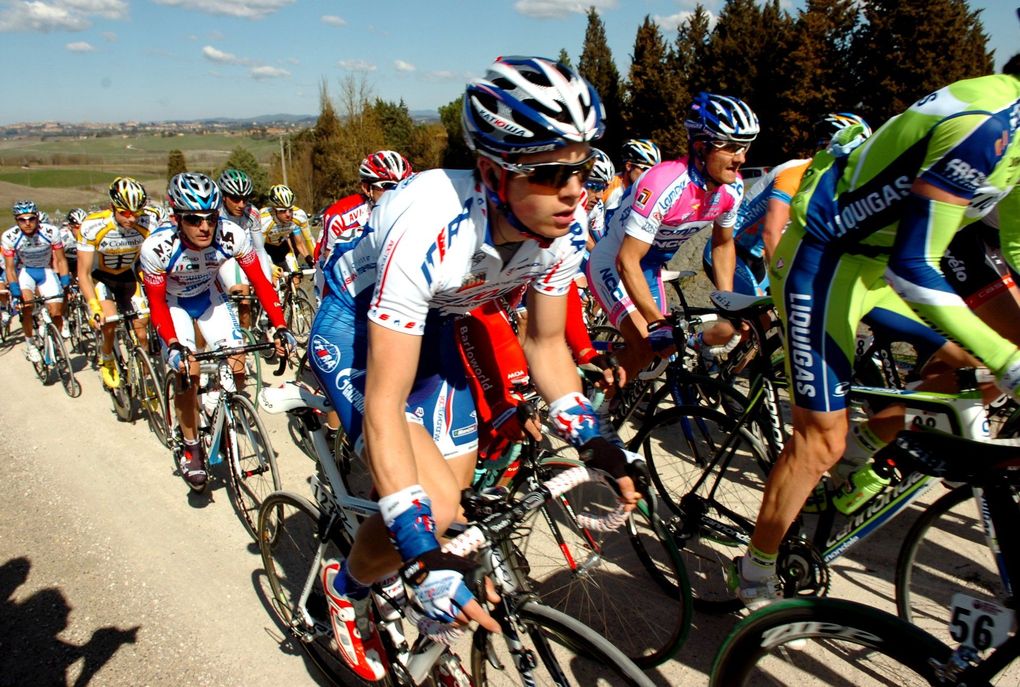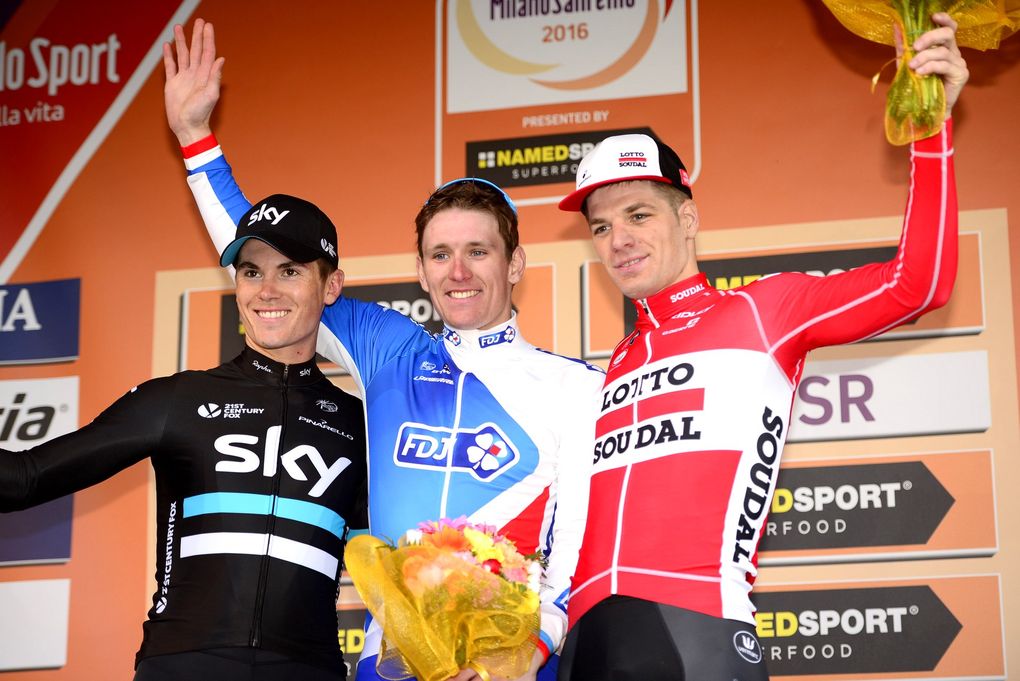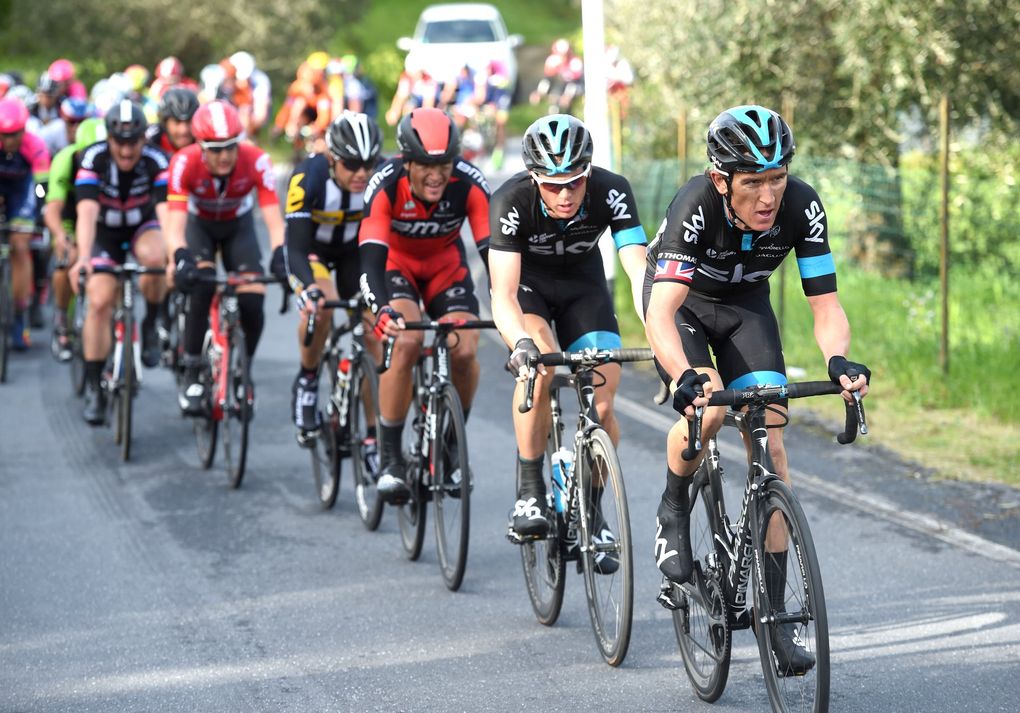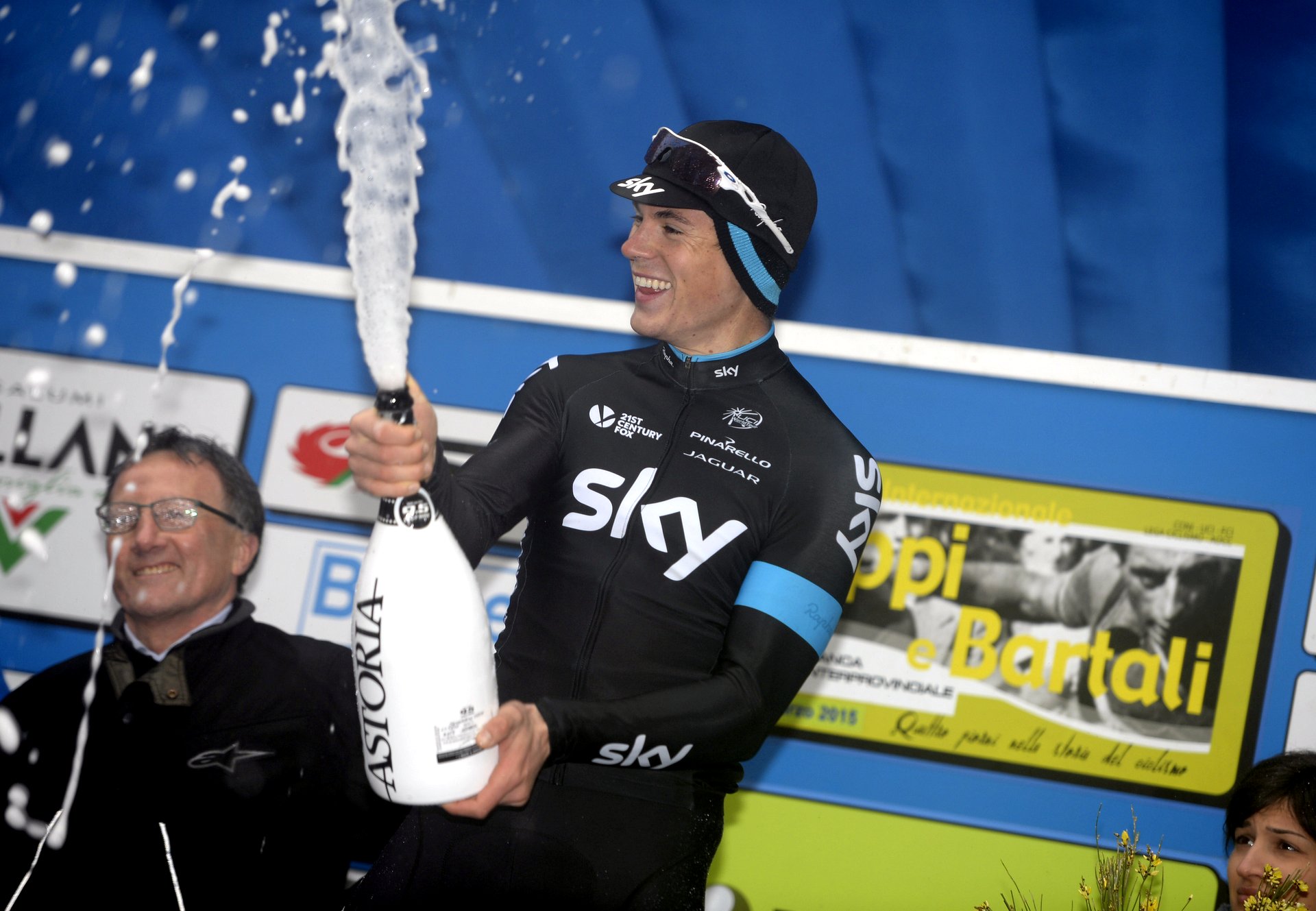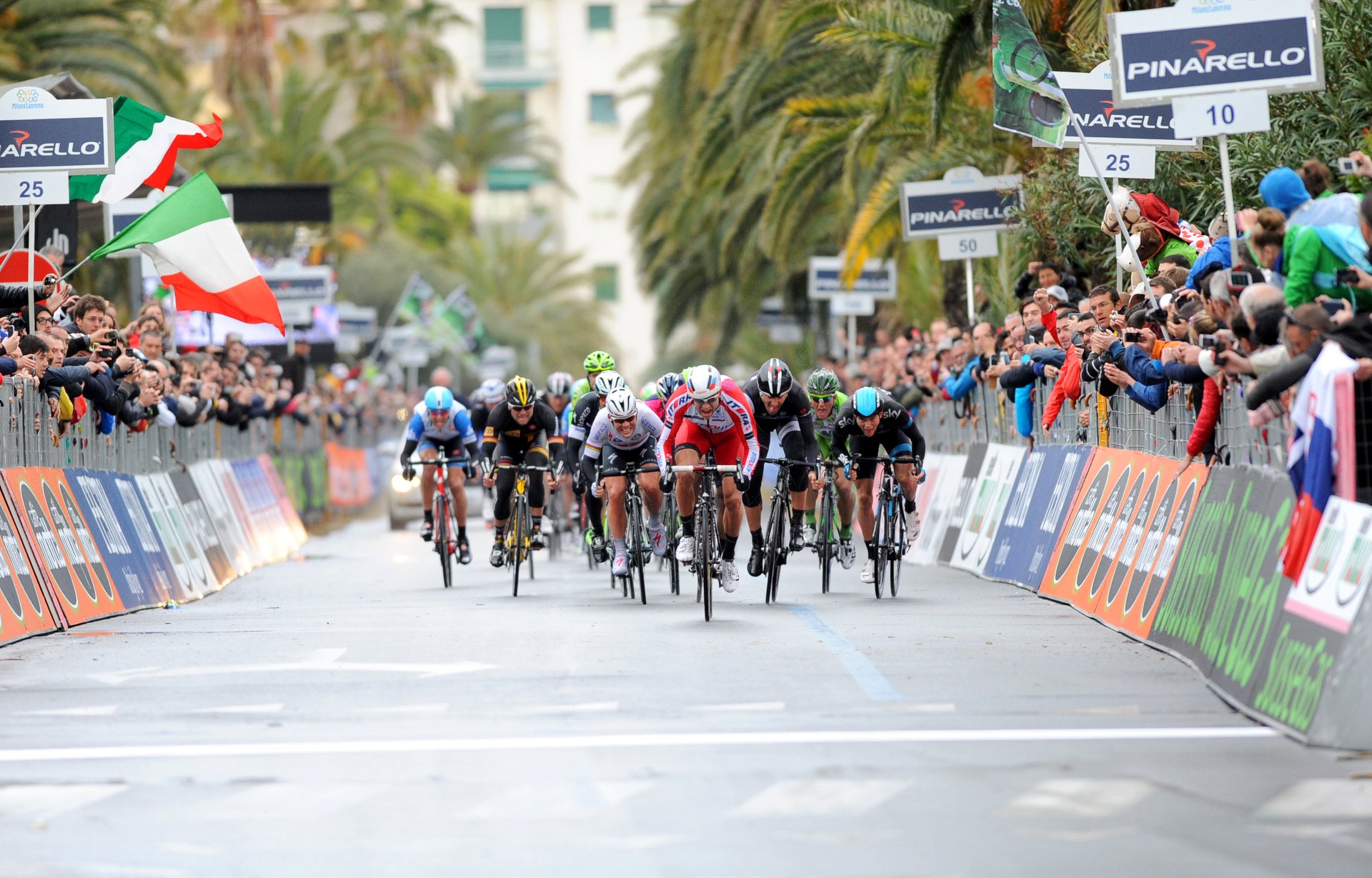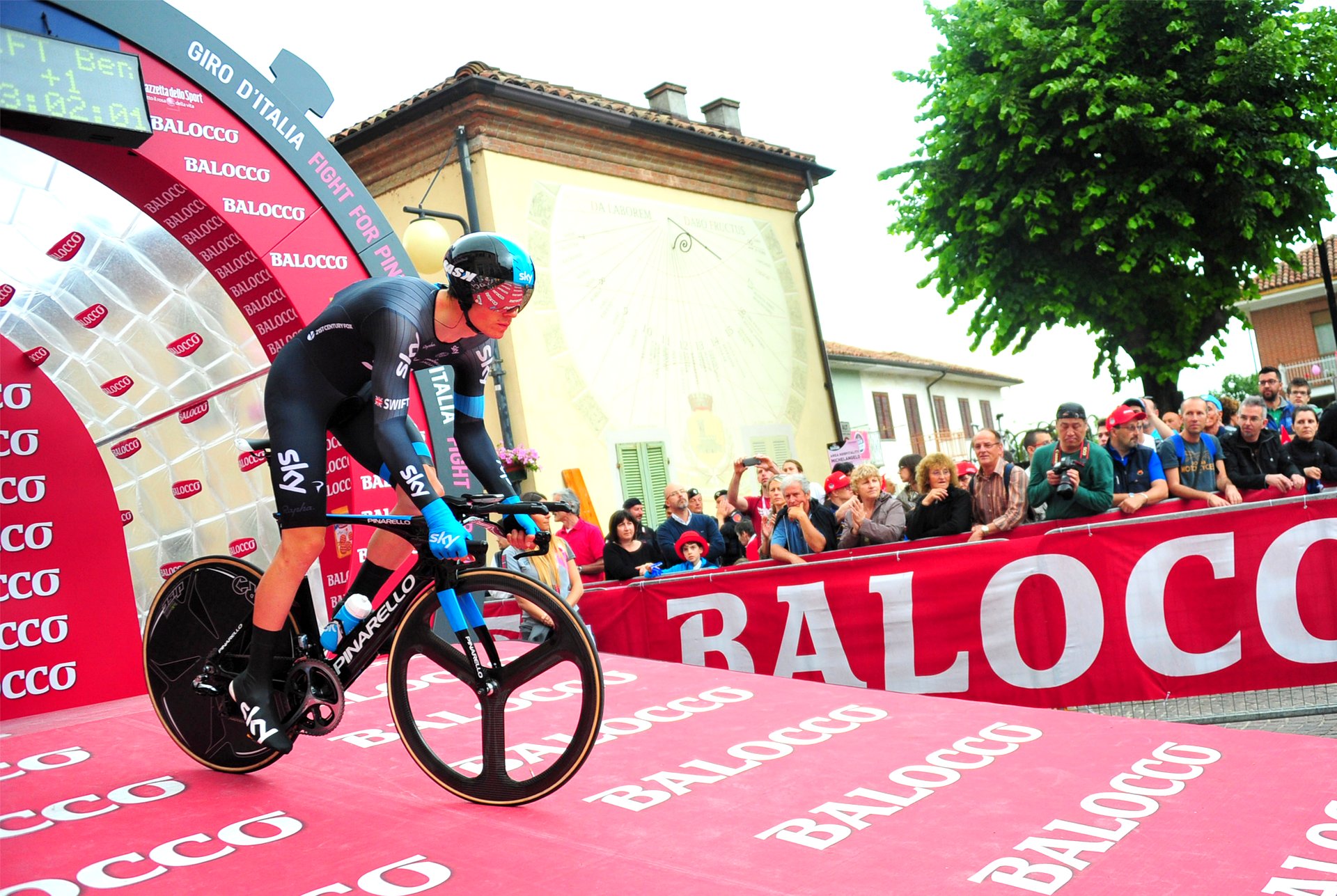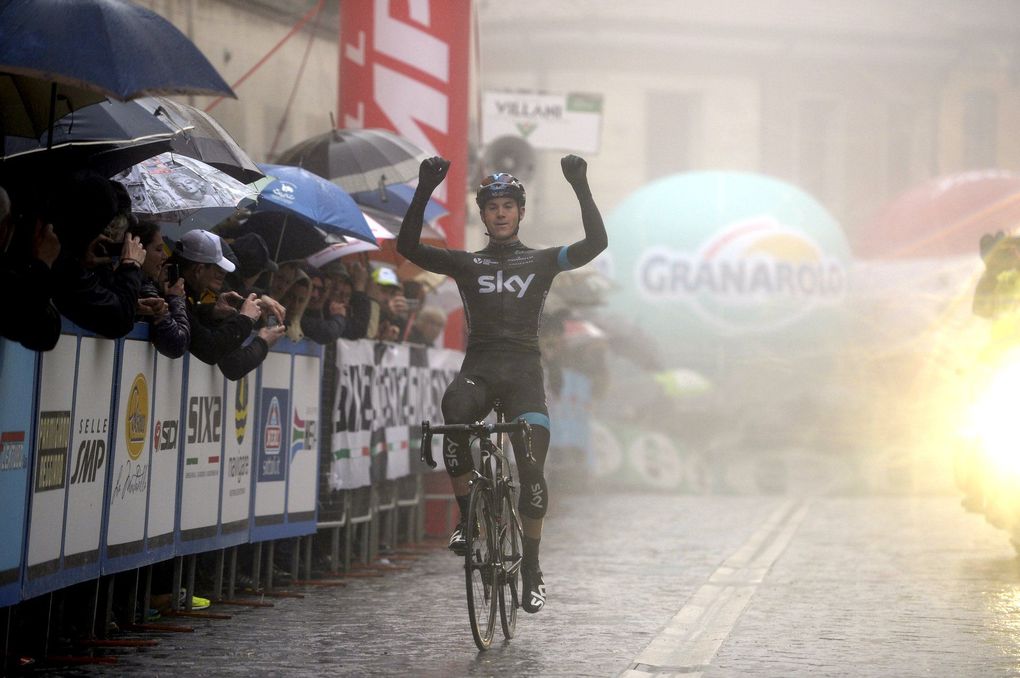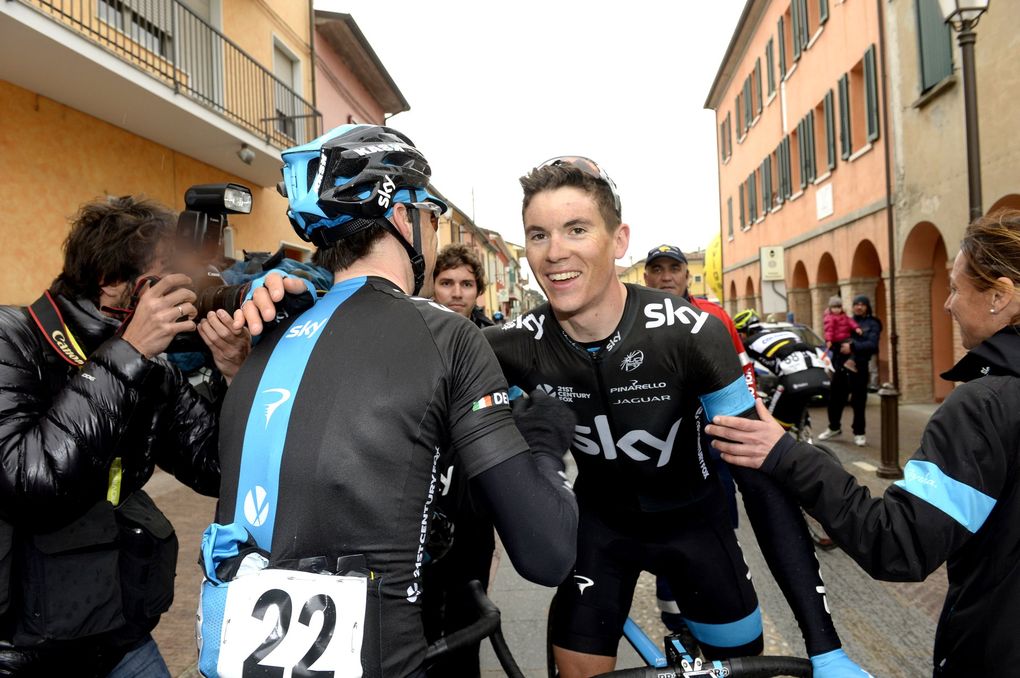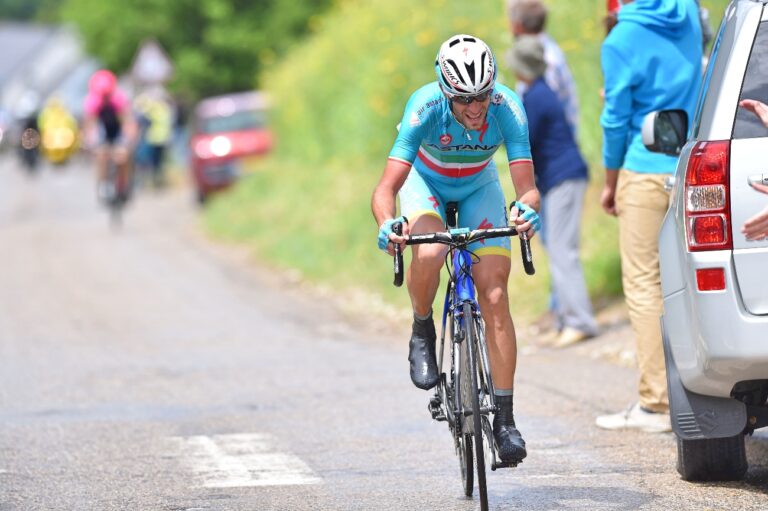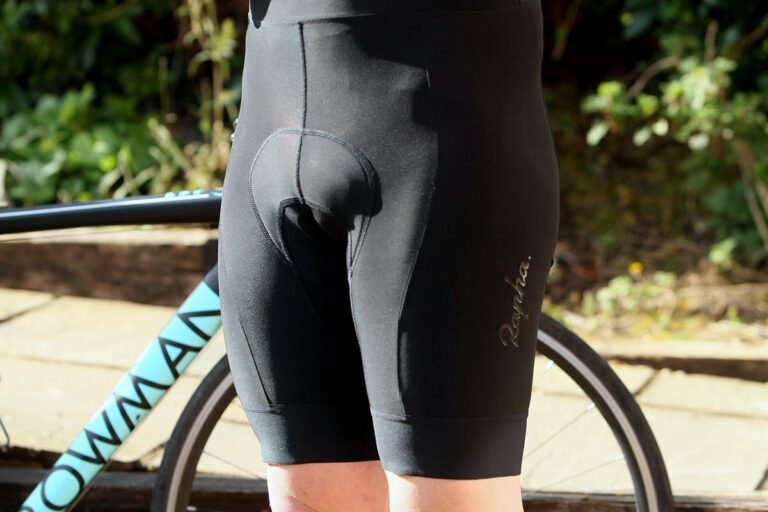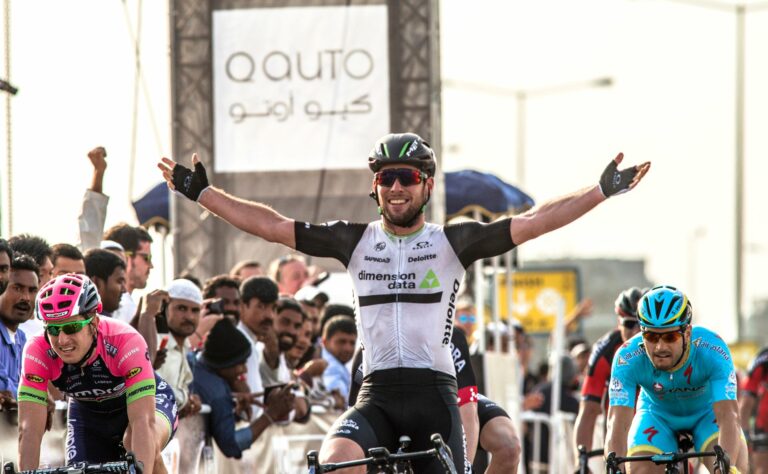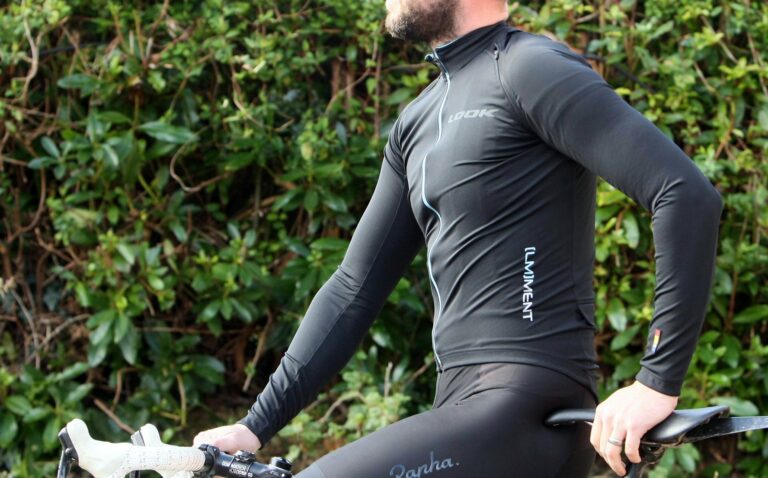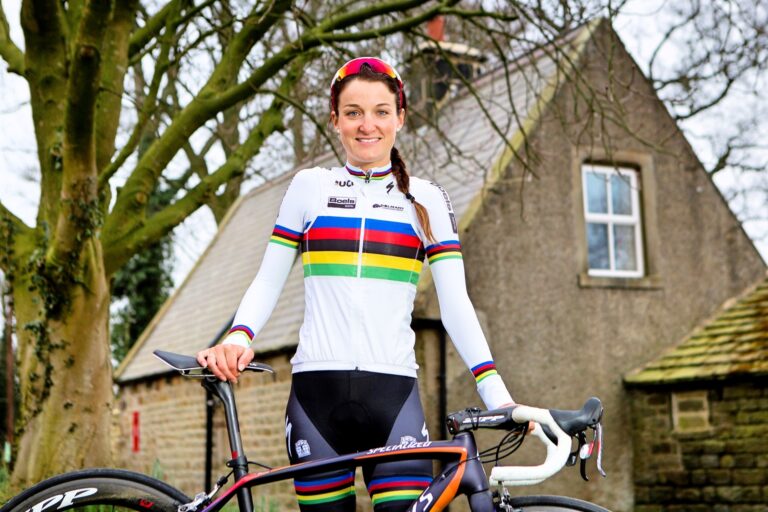Is he suffering Sagan syndrome? If the world champion finishes second more often than he wins (five times already this season for Peter the Great, and 18 times in 2015, though the Slovak broke his Monument duck with victory in the Tour of Flanders), then perhaps winning bike races, like breaking up, is hard to do.
“It’s just different scenarios,” Swift says. “Sometimes you’ve got to have a bit of luck. Bike racing is pretty difficult. Bad luck can change it all. I’ve just got to stay confident.”
Perhaps this is what makes surefire winners like Cavendish in his pomp, and more recently Marcel Kittel (Etixx-QuickStep), such valuable commodities, but Swift is the first to acknowledge that he is not a pure sprinter; rather, he is a rider able to contest the finish from a reduced group, typically on a testing course. La Primavera itself is not hard enough for his liking. He’d prefer another climb to truly snuff out the speed merchants before the Via Roma.
There might be a further parallel with Sagan. Where once winning seemed too easy, maturity and reputation have made things harder. Swift burst onto the scene with Katusha in 2009, finishing third on the second stage of the Giro d’Italia, behind the sprinting talents of Alessandro Petacchi and Cavendish. A year later, he delivered Team Sky’s first GC success, claiming the overall at the Tour de Picardie after winning stage two. His future burned brightly.
Swift acknowledges the advantage of youthful exuberance, but, he says, winning gets harder as the quality of the opposition rises and his engagements rarely fall outside of the WorldTour these days. “No matter what time of the season, you’ve no longer got 30 or 40 guys interested in winning; you’ve got 120 guys,” Swift says of WorldTour racing.
